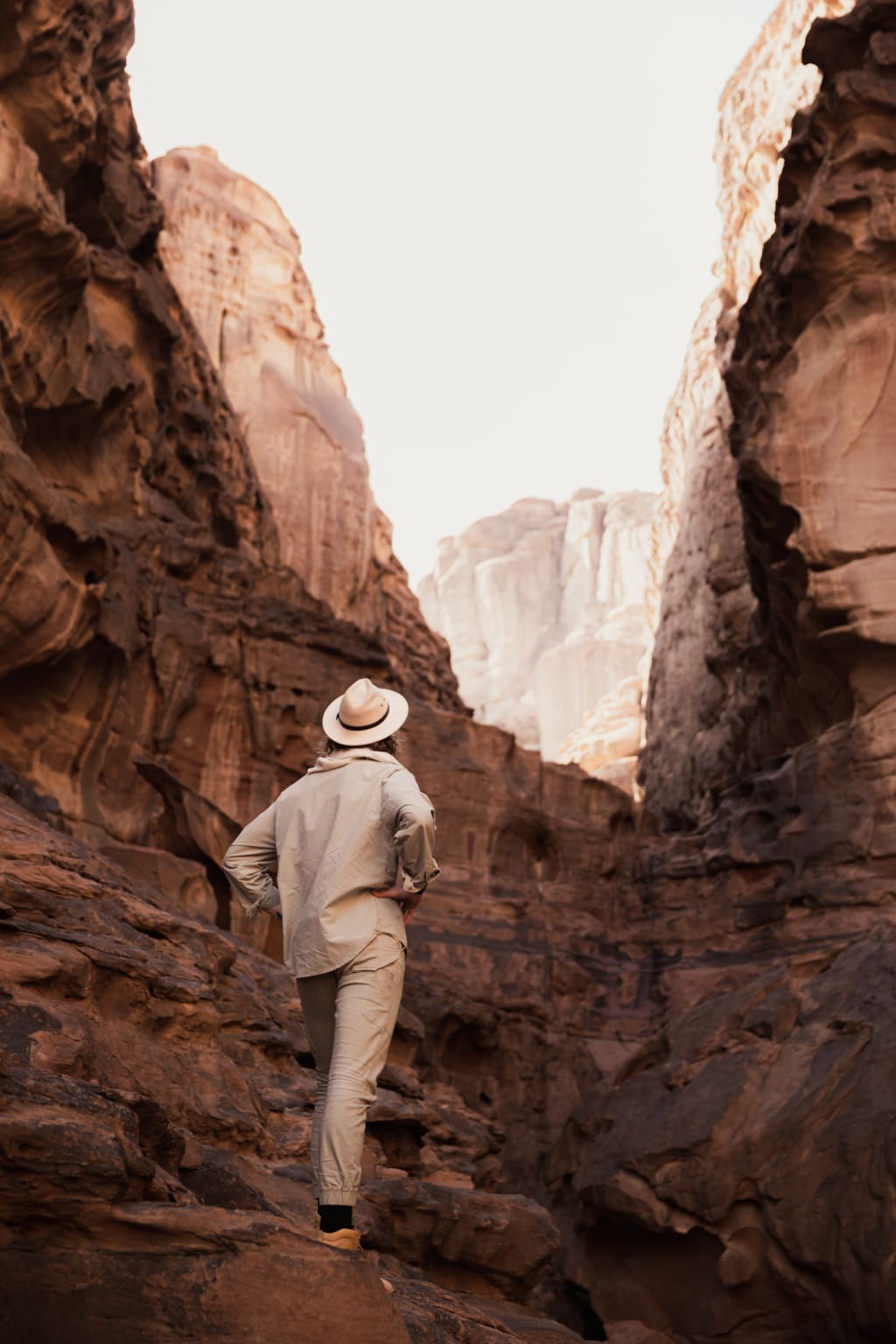The Age of Exploration: Charting New Worlds and Expanding Horizons
Unveiling the Pioneers, Voyages, and Impacts of the Age of Exploration

The Age of Exploration stands as a testament to the indomitable human spirit and the relentless pursuit of knowledge. It was a remarkable era that witnessed intrepid explorers setting sail across uncharted waters, venturing into the unknown, and forever altering the course of history. From the 15th to the 17th centuries, a wave of exploration swept across the globe, charting new worlds, discovering new lands, and igniting a wave of cultural, economic, and scientific exchange. In this article, we delve into the fascinating era of exploration, exploring the pioneers, voyages, and profound impacts that shaped the course of human history.
The Motivations and Catalysts for Exploration
The Age of Exploration was fueled by a combination of factors, including a thirst for wealth, a desire for new trade routes, religious fervor, and a quest for scientific knowledge. European nations, driven by a competitive spirit, sought to expand their empires, acquire riches, and establish dominance over lucrative trade routes. The rediscovery of classical knowledge and advancements in navigational technology further spurred exploration, enabling sailors to traverse vast distances with greater accuracy and confidence.
Pioneering Explorers and Their Voyages
The era of exploration witnessed the rise of legendary explorers who fearlessly sailed into uncharted waters. Christopher Columbus, sponsored by Spain, embarked on his historic voyage in 1492, seeking a western route to Asia but instead discovering the Americas. Other notable explorers include Vasco da Gama, who sailed around the Cape of Good Hope and reached India, Ferdinand Magellan, whose crew circumnavigated the globe, and Sir Francis Drake, renowned for his circumnavigation and his raids on Spanish ships.
Mapping New Worlds and Expanding Geographic Knowledge
One of the key legacies of the Age of Exploration was the significant expansion of geographic knowledge. Explorers meticulously mapped coastlines, discovered new islands, and navigated treacherous waters, creating more accurate charts and atlases. The contributions of cartographers like Gerardus Mercator revolutionized mapmaking, allowing for more precise navigation and facilitating future voyages.
The Impact on Trade, Commerce, and Colonialism
The Age of Exploration ushered in an era of unprecedented global trade and commerce. The discovery of new trade routes, such as the sea route to India, opened up lucrative avenues for European powers. The establishment of colonies in the Americas, Africa, and Asia further fueled economic expansion, as resources and goods flowed between continents. This era also witnessed the rise of powerful trading companies, like the Dutch East India Company and the British East India Company, which played pivotal roles in shaping global trade.
Cultural Exchange and the Columbian Exchange
The encounters between different civilizations during the Age of Exploration sparked a profound cultural exchange. Europeans brought back new foods, plants, animals, and diseases from the Americas, Africa, and Asia, initiating what is known as the Columbian Exchange. This exchange had far-reaching effects, transforming diets, introducing new crops, and reshaping societies on both sides of the Atlantic.
Scientific Discoveries and the Expansion of Knowledge
The Age of Exploration was not only marked by geographical discoveries but also by significant scientific advancements. Explorers conducted botanical, zoological, and geological studies, collecting specimens and documenting their findings. These scientific endeavors expanded the frontiers of knowledge, paving the way for advancements in natural sciences and enriching our understanding of the world.
The Legacy of the Age of Exploration
The Age of Exploration left an indelible mark on human history. It reshaped global politics
, economics, and cultural interactions, leading to the rise of powerful colonial empires and the integration of diverse cultures. The knowledge gained from these explorations laid the foundation for further scientific advancements, navigational techniques, and geographical understanding. The impact of the Age of Exploration can still be felt today, as it forever changed the course of human civilization.
Conclusion:
The Age of Exploration stands as a remarkable chapter in human history, characterized by the courage, curiosity, and resilience of explorers who dared to venture into the unknown. Their voyages not only expanded the boundaries of known worlds but also expanded the horizons of human knowledge and understanding. The legacies of these explorations continue to shape our modern world, reminding us of the boundless potential of human curiosity and the transformative power of exploration.
About the Creator
Omer Mir
A curious soul with an insatiable love for the written word, passionately weaving words into captivating narratives across limitless subjects.
Enjoyed the story? Support the Creator.
Subscribe for free to receive all their stories in your feed. You could also pledge your support or give them a one-off tip, letting them know you appreciate their work.






Comments
There are no comments for this story
Be the first to respond and start the conversation.